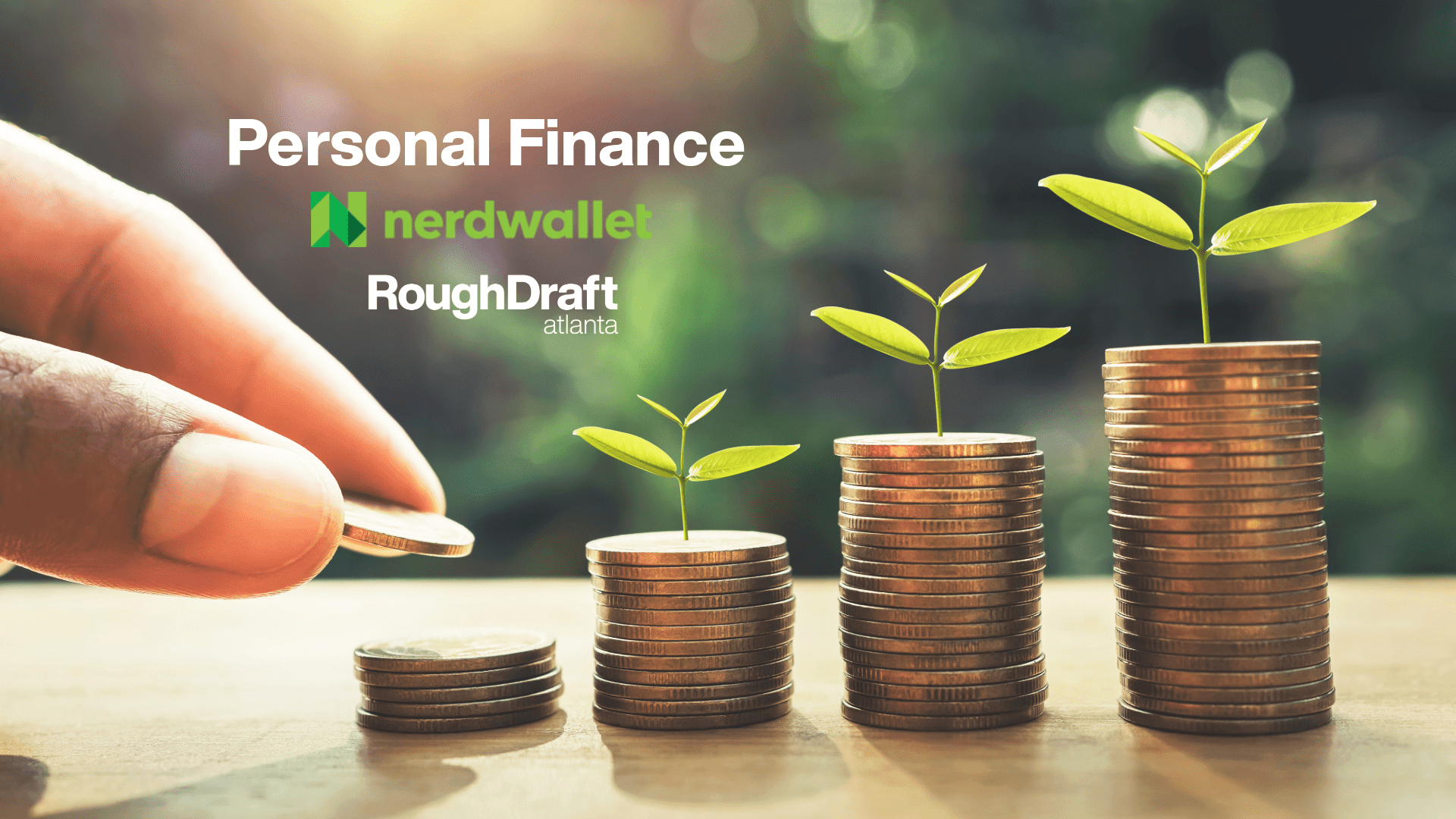

If you kept money in a high-yield savings account this year, congratulations. Thanks to elevated interest rates, you probably enjoyed strong returns on those funds. And if you didn’t, don’t despair: Savings rates should remain solid through at least the beginning of 2025.
As we head into the new year, here’s a recap of what happened with savings rates in 2024, what it means for your wallet and how to prepare for whatever changes may occur in 2025.
A high-yield savings advantage
The Federal Reserve’s federal funds rate remained relatively high this year, though there were some rate decreases in the second half of 2024. The initial elevation came after a series of 2022 and 2023 rate hikes designed to combat inflation. This translated into better yields on bank accounts, particularly high-yield savings accounts. Although the national average rate for savings accounts was just 0.47% in January 2024, according to the Federal Deposit Insurance Corp., many high-yield accounts offered annual percentage yields (APYs) north of 4%.
Savers with high-yield accounts had an advantage. If you had $5,000 in a savings account that earned 4% APY, and the rate stayed at 4% throughout the year, you would have earned about $200 in interest by the end of the year. In comparison, putting $5,000 in a basic savings account with a 0.47% rate would have earned just over $20 in interest in the same timeframe. This means you would have gained roughly $180 by simply having your funds in a better account. (You can use NerdWallet’s compound interest calculator to calculate other returns.)
Some of the best rates tended to come from online savings accounts. In contrast, rates at the largest national banks remained stubbornly low, earning as little as 0.01% APY. A $5,000 account with that yield would earn only about 50 cents after one year. If you kept your funds in a low-return account, you likely missed out on a good amount of money.
Rate cuts in the second half of 2024
The U.S. Bureau of Labor Statistics’ consumer price index, widely seen as a measure of inflation, dipped below 3.0% in July 2024. After that milestone, the Federal Reserve shifted gears. In the second half of 2024, the federal funds rate was lowered multiple times. Lower rates support economic growth, as they generally mean lower borrowing costs for loans and credit. But a drop in rates can also mean lower yields on savings accounts.
What rate cuts mean for savers
We did see some rate dips in 2024. Today, some of the best high-yield accounts earn north of 3% instead of 4%. But rates continue to be relatively strong, and you can still earn serious returns in your savings account.
Looking ahead, the consensus among financial analysts is that the Fed will continue to cut rates in 2025 as economic conditions evolve. We don’t know the future, but it can be helpful to plan for likely scenarios. If there are further rate cuts, savings APYs may continue to slide. However, those rate decreases will likely be gradual, as they were in the second half of 2024. That means it’s still well worth your time to make use of a high-yield savings account.
If the best rates dip mildly, say to around a 3% APY, a $5,000 balance in a high-yield account would earn about $150 in interest over the year. That’s lower than the $200 earned at a 4% APY, but still a nice return compared to the paltry 50 cents you’d get with a 0.01% APY. The smart money is still with high-yield accounts.
Tips to make the most of your savings in 2025
- Shop around for high rates. If your savings account earns less than 3% APY, look for a high-yield savings account that can provide a better return for your money.
- Consider certificates of deposit: With rates potentially falling in the future, locking in a higher rate with a CD now might be worth considering. In addition, a CD ladder — opening CDs with varying term lengths and yields — can help balance better returns with easier access to your money.
- Confirm federal insurance. Check with your financial institution to make sure your funds are FDIC-insured. This protects your money in the event of a bank failure, up to $250,000 per depositor, per bank.
This has been a good year for savers who capitalized on high APYs. As we move into 2025, the outlook suggests gradual rate reductions. But chances are you can still earn meaningful interest on your savings.
By keeping your funds in a high-rate savings account today, you can make sure your money will be working for you into the next year and beyond.
https://i0.wp.com/roughdraftatlanta.com/wp-content/uploads/2024/08/Untitled-40-1.png?fit=1920%2C1080&ssl=1
2024-12-29 11:32:18